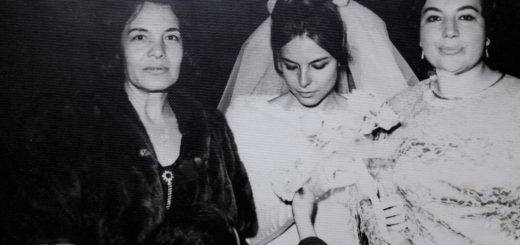How To Be Self Confident – It May Be Easier Than You Think
Guest Blog by Stephen Bray. I noticed this week that Brendon Burchard is promoting a course about self-confidence. Brendon is one of those larger than life Internet personalities reconnected with his Self – full of energy, he leaks self-confidence to the point you may be forgiven for wondering if you’ll drown in it.
What most of us forget, however, is that Brendon is less larger than life than larger than death. Like so many larger than life personalities he once suffered a near-fatal accident in which he came back from the dead.

Your Self is your original you . . . the face you had before you were born. Your ego, with which most likely you identify, is no more than a story about your personal history.
Few of us experience such good-fortune. We don’t think of serious accidents as fortunate. But those who come back from the dead feel, deep-down, as if they’ve been kissed by God.
In ancient wisdom it is said that we should ‘live to die, and die to live’. This strange philosophical paradox is impossible to untangle until you ask yourself ‘what is it that lives, who is it that dies?’
Your ego is a complex network of magnetic energy comprised of your life’s experience. As a tiny baby you knew what it was to live without expectation yet knew that your every need would eventually be met.
Only later were you initiated into a name, roles and relationships and other complications. This is a beginning of your sense of ego, which many mistake for a sense of Self. The two are not the same thing, at least for the purpose of this discussion.
Your Self is your original you . . . the face you had before you were born. Your ego, with which most likely you identify, is no more than a story about your personal history. It’s a position you take in response to events that occurred around you. This story seeks to reinforce itself, argues that black is white even in the face of evidence to the contrary.
It does so in order to create the edifice you experience as your sense of identity, and it is this edifice that lacks confidence in the face of challenges. Symptoms of what it can produce include: sweating, shaking, feeling cold, feeling hot, blushing, shortness of breath, hyperventilation, dry throat, tears and unwelcome bowel movements.
Most therapists attempt to coach their patients into strengthening their egos so that their ego identity can resist the challenges various experiences bring. Ultimately, however, this approach is doomed to failure because your ego, by it’s nature, lacks authenticity and knows it. It prefers to torture its host than to reveal this secret.
Those who suffer a near-death experience know what it is to lose control, and in doing so a sense of ego. They surrender to fate and, lo and behold, fate rewards them as they return to life minus that troublesome ego identity.
To lose the ego isn’t the same as losing your personality. You still have a persona, personae in fact, through which you engage the world – you simply don’t identify with them.
Connecting Your Self Getting Past The Ego
It’s unnecessary to suffer a near-fatal accident in order to drop identification with your ego-identities. You simply have to work at the rediscovery of your original self.
Last week we provided a simple process that can get you there. This week I suggest you refer to it again but approach it with more focus. Use a pen and paper to record your answers to the each item in the five step process:
- Think of something you want. This can be a material object, such as a car, or the desire for your partner to be different in some way. It doesn’t matter where you start.
- Ask yourself the question: ‘If I had ‘x’, (the thing you desire), what then would I be able to do that I cannot do now?’
- Ask yourself ‘If I were able to do ‘y’, (the action you would be able to do as a result of having ‘x’) what would I want next?’
- Go back to step 2 and repeat the process as you climb the ladder of wants and actions.
- At some point you will reach a breakthrough moment of clarity when your core purpose will become apparent.
When you discover your core purpose you also will find you are in touch with your core identity . . . that original self, which preceded your conditioned ego. You will be ‘home’ and once there nothing can harm or affect you negatively, except for rare and the most temporary of occasions as your core identity overwrites the conditioned responses of your ego identities.
I am not suggesting that you treat your ego, or those who helped condition it, as enemies. It’s not about destroying anything, but rather finding something preferable with which to identify.
As this happens you will gain in enthusiasm and zest for life. Dropping the ego is a liberating adventure as you learn to surrender control of your bodily reactions and your life. You will surprise yourself and in good ways – but don’t expect to win the lottery or buy a Mercedes immediately. First you will have find equanimity in the face of challenges. Only once you can do so, will they drop away.




